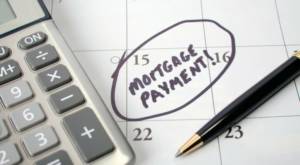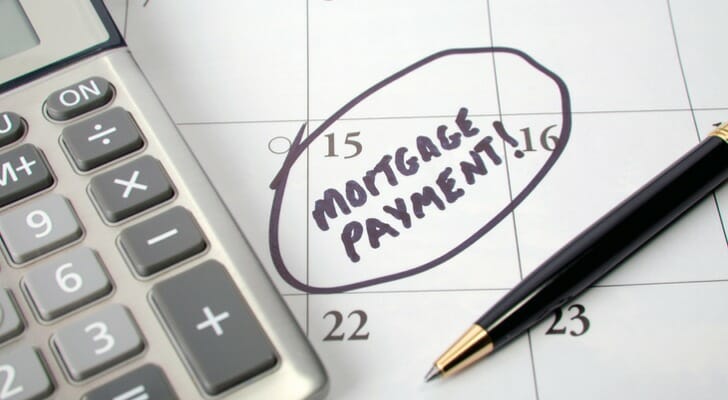How Often Should I Pay My Mortgage? Exploring Different Payment Strategies and Potential Savings
Homeownership is a significant milestone in one’s life, and managing your mortgage payments is a critical aspect of it. The frequency of mortgage payments is an important consideration for homeowners, as it can have a considerable impact on the overall cost and duration of the mortgage. So, how often should you pay your mortgage payments? In this article, we’ll explore the different mortgage payment strategies and help you determine the best approach for your financial situation while highlighting the potential savings each strategy offers.
Monthly Mortgage Payments
The most common mortgage payment frequency is monthly. This means you make one payment every month, totaling 12 payments per year. Monthly payments have some advantages:
- Simplicity: Monthly payments are easy to manage and align with other monthly expenses, like utility bills and credit card payments.
- Affordability: A longer payment period results in lower monthly payments, which can make the mortgage more affordable for some homeowners.
However, the downside of monthly payments is that the interest accumulates over a longer period, increasing the overall cost of the mortgage. Monthly payments offer the least potential savings compared to other payment strategies.
Biweekly Mortgage Payments
Biweekly mortgage payments are made every two weeks, totaling 26 payments per year. This payment frequency offers some benefits over monthly payments:
- Faster Principal Reduction: Making more frequent payments reduces the principal balance quicker, which in turn lowers the interest accrued over time.
- Extra Payment: Biweekly payments essentially result in one extra monthly payment per year (26 half-payments = 13 full payments), helping you pay off your mortgage faster.
Potential Savings: Depending on the interest rate and mortgage term, biweekly payments can save you thousands of dollars in interest over the life of the loan. For example, on a $200,000 mortgage with a 30-year term and a 4% interest rate, biweekly payments could save you approximately $25,000 in interest and reduce the loan term by 4.5 years.
Accelerated Biweekly Mortgage Payments
Accelerated biweekly payments take the concept of biweekly payments a step further. Instead of simply dividing your monthly payment in half, you pay the equivalent of one extra monthly payment per year. To calculate an accelerated biweekly payment, divide your monthly payment by two and then multiply by 13 (extra payment) and divide by 26 (biweekly payments).
Benefits of accelerated biweekly payments include:
- Faster Mortgage Payoff: The extra payment per year can shave years off your mortgage term.
- Interest Savings: Paying down the principal balance more quickly results in significant interest savings over the life of the loan.
Potential Savings: Using the same example as above, accelerated biweekly payments can save you approximately $30,000 in interest and reduce the loan term by nearly 6 years.
Weekly Mortgage Payments
Weekly mortgage payments are made every week, totaling 52 payments per year. This payment frequency may be more suitable for those who receive weekly paychecks. Weekly payments have similar benefits to biweekly payments in terms of interest savings and faster principal reduction. However, this option may not be offered by all lenders.
Potential Savings: The potential savings with weekly payments are comparable to those of biweekly payments, as they also lead to one extra payment per year.
Lump Sum and Extra Payments
In addition to regular mortgage payments, some homeowners choose to make extra payments or a lump sum payment toward the principal balance. This strategy can help reduce the mortgage term and save on interest costs. Check your mortgage terms for any prepayment penalties or restrictions before making extra payments.
Potential Savings: The potential savings from lump-sum and extra payments depend on the amount and frequency of the additional payments. For instance, making a one-time $5,000 lump sum payment on a $200,000 mortgage with a 30-year term and a 4% interest rate could save you around $11,000 in interest and reduce the loan term by over a year. The more extra payments you make and the earlier you make them, the more you can save on interest.
Conclusion
The best mortgage payment strategy depends on your financial situation, budget, and goals. While more frequent payments can save you money on interest and shorten your mortgage term, they may not be suitable for everyone. Review your financial situation, consult a financial advisor, and consider the benefits and drawbacks of each payment strategy before making a decision.
Remember that potential savings will vary depending on your mortgage amount, interest rate, and the term of the loan. By exploring different payment strategies, you can identify the best approach to help you save money and achieve your homeownership goals.
For specialiast advice speak to your local broker, some of our recomendations below:

by Tye Thies
Tomoro
353 Ruthven Street, Toowoomba Qld 4350
07 4580 0811



